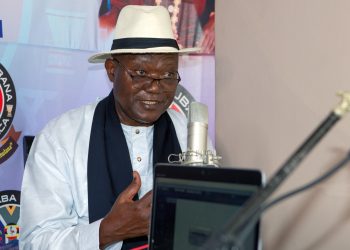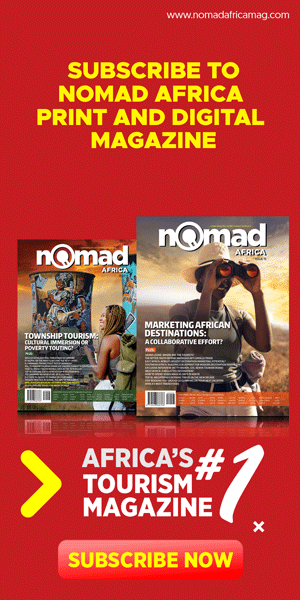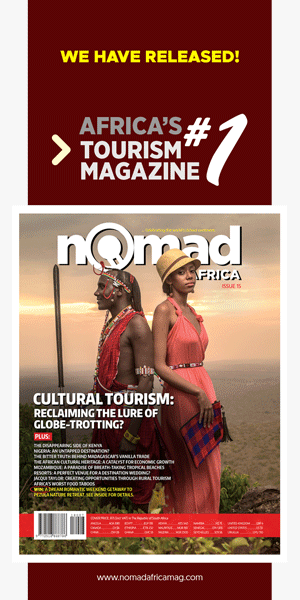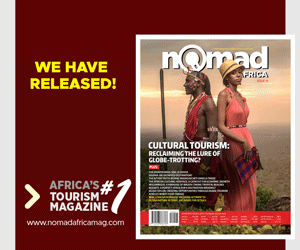Sports tourism is travel which involves either viewing or partaking in a sporting activity, while staying away from the tourists’ usual environment. Globally, the industry is growing at a rapid pace, and is worth about $7.68 billion. Across most parts of Africa, domestic and international soccer is in action, giving clubs and administrators a lifeline to earn and survive. But the most important part of the sport is to have audiences attending the matches, which however, is not yet allowed due to Covid-19 restrictions. This has resulted in many people who rely on sports tourism to lament the delay in opening up stadiums. To find out more on how the pandemic affected sports tourism, Nomad Africa’s journalist Martin Chemhere, talks to Dr Siyabulela Nyikana, Lecturer, School of Tourism and Hospitality, University of Johannesburg. Nomad Africa: Tell us about how the sports tourism ecosystem has been hard hit by the lockdowns in the region? Dr Siyabulela: The lockdown had a very big impact on sport tourism and its activities. If one looks at it from the point of view of the total shutdown of all sporting activities, then the impact was significant across board, with virtually the whole ecosystem being impacted negatively. People were unable to attend or participate in sporting activities. For avid supporters of sport for example, not being able to go spectate or even watch at home was a major blow. From an economic point of view, this was a major financial blow for all the bodies and…

Get exclusive access to this story
Subscribe to Nomad Africa and get unlimited access to our exclusive articles on African cultural heritage, travel tips, tourism news updates, industry trends and insights. Your subscription will also help support tourism in Africa. Subscription starts from only R15 ($1 USD) per month.*
Already a subscriber? Login here
*Charged for the first month after which standard rates apply. Cancel anytime.
...




















